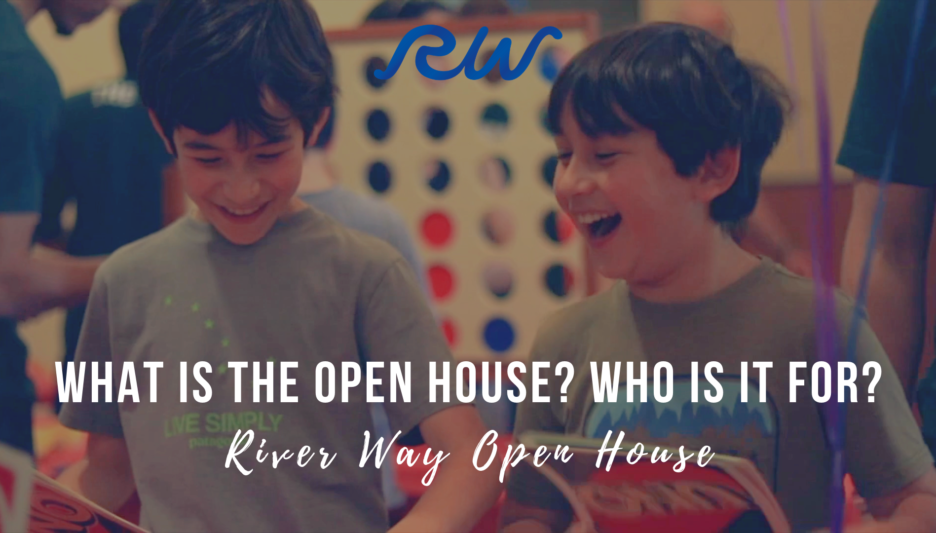Summer Camp With No Electronics – Unplugged or Unfair?

In a world where children have constant access to electronics and social media, summer camp with no electronics, known as “unplugged” summer camp experiences, are becoming more and more popular. Technology has proven a great tool and a resource: children have more information at their fingertips than ever before, helping with their education and awareness of the world. The caveat? New supporting evidence has begun to emerge: increased screen time can lead to greater anxiety, expectations of instant gratification, and even lessened social skills.
We create a screen-free, unplugged zone with our electronics policy. Campers are so busy learning new skills at activities and deepening connections with friends that they simply don’t have time to post, snap, or play on their favorite apps.
It’s not just camp that can provide this essential time for kids to take a tech break. Families can support one another by establishing “no tech” times, such as dinner, family hour, or time frames during the weekend. Perhaps even start by modeling the behavior of limiting your own screen use.
Camp being unplugged is what leads kids and their new friends to sing into their hairbrushes at the top of our lungs and use every color in the rainbow pack of markers to write letters home.
But we shouldn’t limit our breaks from technology to camp and summer. I know I am not setting enough limits on screen time during the rest of the year. Even as adults, our brains need that downtime to daydream, collect our thoughts and create new ideas. As a content writer, I find that my most productive writing comes when I turn off the music, Twitter and my phone.
5 Benefits of Unplugged Summer Camp
“I thought I would miss social media and my phone so much, but I loved not having to worry about it!” a thirteen-year-old camper told me at the end of her stay with us this past summer. A break from screen time can help reduce stress and anxiety, and can even increase a child’s ability to read human emotions. We offer 2, 4, 6, or 8 weeks of vacation from electronics, giving campers a break and offering genuine alternatives to the virtual world.
1. Engage: Learning to be present is one of the most powerful tools a person can develop, and your child will be able to engage with the camp world around them. It is our goal to foster relationship skills, and campers will increase patience and appreciation for the moments they create; this can be seen during a bunk-night bonding activity, team-building challenge, or blind-canoe race!
2. Connect with Nature: Rather than “liking” a picture of nature, your child will be witnessing it firsthand! At River Way, one of our most cherished activities is the Sequoia overnight camping trip, where campers sleep under the stars, enjoy a fire-cooked meal, and hike to see Giant Sequoia trees, waterfalls, and meadows.
3. Broaden Horizons: In this new setting, your camper will be able to discover more of their talents and skills. They’ll be able to focus on trying new activities and deepening friendships. With campers and counselors from all over the world, camp provides an excellent opportunity to learn more about the world around us.
4. Homesickness: As access to technology ceases, homesickness improves. That’s right! Connectivity to the world at home can increase homesickness…when campers unplug and learn new habits, new routines, and deepen relationships with those around them, their independence and resilience grows.
5. Communication Skills: Taking a technology break gives children the chance to improve their one-on-one communication skills. At camp, feelings cannot be expressed with an emoji, meme, GIF, or “thumbs up” button. Campers take the time to listen to one another, express their feelings, and communicate needs in person. Each night, campers share about their day with our “high-low-high,” discussing what they loved most, what they look forward to, and any challenges they faced.
Real-World Face Time
Every experience at River Way is a shared one, which is something we cherish within our community. Of course, there are individual moments and achievements – shooting your first bulls-eye, or jumping into the lake with friends. Without the distractions of electronics, campers interact with and learn from the natural world around them. Campers share music over speakers or by singing, instead of closing out the world with headphones. Friends talk face to face, rather than communicate via texts or direct messages. Connections aren’t limited to megabits per second – only by the length of a camper’s stay. After two weeks of unplugged connections, new habits begin to form within children. By ‘cutting the iPad cord’ and plugging into real life, campers gain confidence, have fun, and most importantly, form strong memories and friendships that will last a lifetime.
Most importantly, they are able to fully be their authentic selves and have fun, which is what summer camp is all about.


